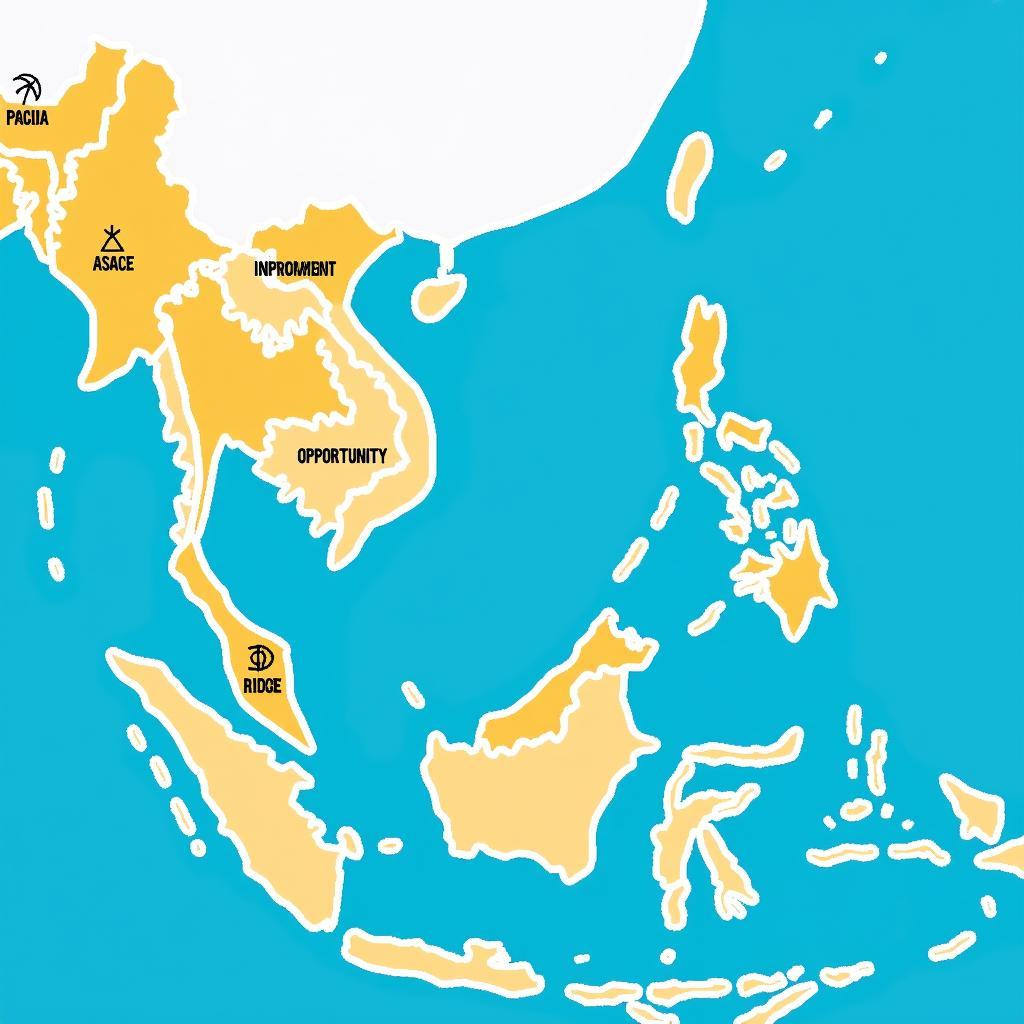ASEAN scientific research is a rapidly growing field, with significant potential to address regional and global challenges. The region boasts a diverse range of research institutions and a growing pool of talented scientists, working together to push the boundaries of knowledge and innovation.
The Importance of ASEAN Scientific Research
ASEAN scientific research plays a vital role in driving economic growth, promoting sustainable development, and improving the lives of people in the region. It is crucial for tackling pressing issues such as climate change, food security, and healthcare.
Here are some key benefits of ASEAN scientific research:
- Economic growth: Research and development (R&D) activities contribute to innovation, technological advancements, and economic diversification.
- Sustainable development: ASEAN countries are collaborating on research initiatives to find solutions for environmental challenges, such as deforestation and pollution.
- Improved quality of life: Scientific breakthroughs in areas like medicine and agriculture are leading to improved health outcomes and food security.
- Regional cooperation: ASEAN scientific research fosters collaboration between countries, sharing knowledge and expertise, and building capacity in the region.
Key Areas of Research in ASEAN
ASEAN research institutions are actively working on a wide range of scientific fields, including:
- Biotechnology: Advancements in biotechnology are leading to new agricultural practices, disease diagnostics, and therapeutic treatments.
- Nanotechnology: Nanotechnology is being used to create innovative materials, energy technologies, and medical devices.
- Information technology: ASEAN countries are investing heavily in ICT research and development, with a focus on data analytics, artificial intelligence, and cybersecurity.
- Environmental science: Research in environmental science is crucial for addressing climate change, water pollution, and biodiversity loss.
- Medical research: ASEAN countries are collaborating on research initiatives to combat infectious diseases, improve healthcare systems, and develop new treatments for chronic illnesses.
Challenges and Opportunities
Despite its potential, ASEAN scientific research faces several challenges:
- Funding: Limited funding for research activities can hinder progress and innovation.
- Capacity building: Developing a strong research infrastructure, attracting talented scientists, and building capacity in research institutions is essential.
- Collaboration: Promoting effective collaboration between research institutions, universities, and the private sector is crucial for success.
However, ASEAN scientific research also presents numerous opportunities:
- Growing regional demand: The increasing demand for research and innovation across ASEAN countries creates a thriving market for scientific expertise.
- Government support: ASEAN governments are recognizing the importance of scientific research and investing in its development.
- International partnerships: ASEAN countries are increasingly collaborating with international organizations and universities, leveraging global knowledge and expertise.
The Future of ASEAN Scientific Research
ASEAN scientific research is poised for significant growth in the coming years. The region’s commitment to innovation, coupled with the increasing focus on sustainability and collaboration, will drive further progress.
“ASEAN scientific research is a powerful engine for positive change in the region,” says Dr. [Insert Name], a renowned scientist from [Insert Country]. “By investing in research and fostering collaboration, we can address critical challenges and create a brighter future for all.”
Frequently Asked Questions
- What are some of the leading research institutions in ASEAN?
- Some of the leading research institutions in ASEAN include the National University of Singapore, the Institute of Science and Technology for Research and Development in Thailand, and the Indonesian Institute of Sciences.
- How can I get involved in ASEAN scientific research?
- You can get involved in ASEAN scientific research by pursuing a career in science, joining a research institution, or collaborating with scientists in the region.
- What are some of the key research priorities for ASEAN?
- Key research priorities for ASEAN include climate change, food security, infectious diseases, and sustainable development.
The Importance of ASEAN Scientific Research: A Conclusion
ASEAN scientific research is an essential driver of progress and innovation in the region. By fostering collaboration, investing in R&D, and attracting talented scientists, ASEAN can harness its scientific potential to address critical challenges and create a brighter future for all.


